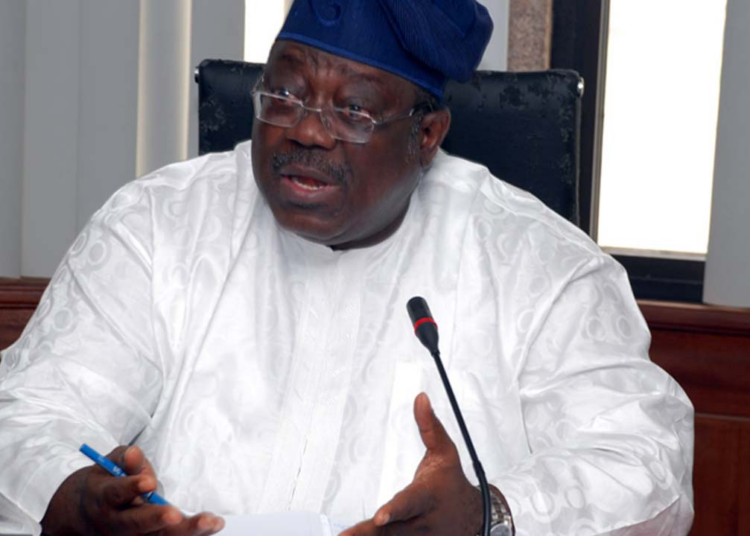Chairman of the Federal Civil Service Commission, Prof Tunji Olaopa, has advocated for a comprehensive overhaul of Nigeria’s education system to bridge the widening skills gap.
He critiques existing policies and the ambiguous definition of a teacher. Olaopa stresses the need for a balanced approach across universities, colleges of education, and polytechnics to address national development needs effectively.
In an address during a courtesy call by the Colleges of Education Academic Staff Union (COEASU) in Abuja, Prof Olaopa noted that despite strides in policy development, particularly with the establishment of the Teachers Registration Council of Nigeria, the fundamental question of who constitutes a teacher remains unanswered.
He highlighted the overemphasis on university education, leading to neglect of crucial vocational skills provided by other institutions, and calls for a shift in focus from certification to practical skills.
Olaopa proposes upgrading colleges of education into degree-awarding institutions but warns of the structural challenges involved.
He also emphasised the importance of safeguarding against the marginalization of NCE qualifications and suggested consolidating regulatory bodies to oversee transformative changes aligning with modern workforce demands.
The president of COEASU, Dr Smart Olugbeko underscores the importance of collective progress in teacher education, acknowledging the pivotal role of all stakeholders and advocating for inclusivity in shaping Nigeria’s education landscape.
“We believe that moving forward requires the involvement of all relevant stakeholders. Your commission’s pivotal role in shaping teacher education is acknowledged and valued. We are convinced that inclusivity is key; everyone with a role to play must be engaged. Hence, we entrust you with the chairmanship of our upcoming national conference and workshop, where all Nigerian colleges of education will convene.
“As for the state of teacher education in Nigeria, it stands on a sturdy foundation, yet challenges persist. The societal attitude towards education significantly impacts its efficacy. Government involvement, particularly in funding, remains inadequate. In any developed society, education forms the cornerstone of progress and prosperity,” he said.
We’ve got the edge. Get real-time reports, breaking scoops, and exclusive angles delivered straight to your phone. Don’t settle for stale news. Join LEADERSHIP NEWS on WhatsApp for 24/7 updates →
Join Our WhatsApp Channel










